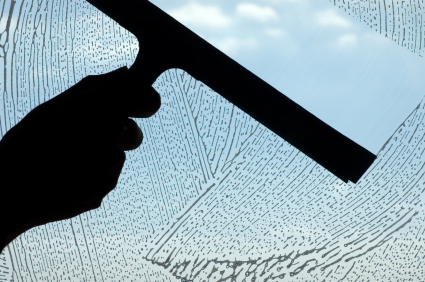You cannot print good quality materials through sheetfed printing if you do not prepare your drafts properly. Even if you hired a great sheet fed printer for the job, they will still be stuck working with the material you sent them.
That is why it is actually important that you prepare your drafts properly yourself. You are in luck though. This guide will give you the key questions that should let you determine if you did indeed prepare your draft designs properly. There are a few specific things that you must check and know.
1. Are you using the right template? - Templates are important. This is because you will need your prints to match the sheets that will be inserted into the printer itself. So try to double check and see if you are using the right kind of printing template. Make sure that the dimensions match a certain standard paper size that the printer can of course insert into their machines. If possible, just adopt the template that the sheetfed printer actually uses. It is better to correspond your templates with the paper and printer to be used.
2. Are the guidelines and layouts in the right place? - Also, even if you have the right template, you will still want to check if your layout and overall design elements are in the proper place. You should basically have set guidelines in your templates that mark the boundaries of where certain design elements should be. Also make sure that there is a design printing bleed out there to assure yourself that the background and fill colors do not have odd cuts or misalignments.
3. Is your content properly checked out? - Of course, also make sure that the content is properly checked out. Do not just check your content once. One should check it at least three times, checking for spelling and grammar errors, as well as any inaccuracies in the main content of your prints. If possible, you should also have others check your content with a cold stance so that all the errors can be weeded out and corrected for the better. So do not forget to do at least three proofreading sessions, with other people if possible checking your content as well.
4. Have the design elements been reviewed and tweaked? - It is also prudent to have the design elements in your prints reviewed by others and of course tweaked when necessary. This not only entails checking their alignments and such. This also covers the actual choices in graphics style as well as the vivid quality of the colors and the photographs of course. If these are not up to par with professional printing, you may want to acquire the proper design elements first so that they will be ready.
5. Did you choose the right materials? - Finally, you better check and see if you chose your paper materials well. Make sure that it is of moderate thickness and with a smooth finish when possible. Also, try to specify that you want to use the four-color ink process for the best and most vivid quality color prints. It should not add too much cost to your printing order so make sure that you go for the best that you can.





















